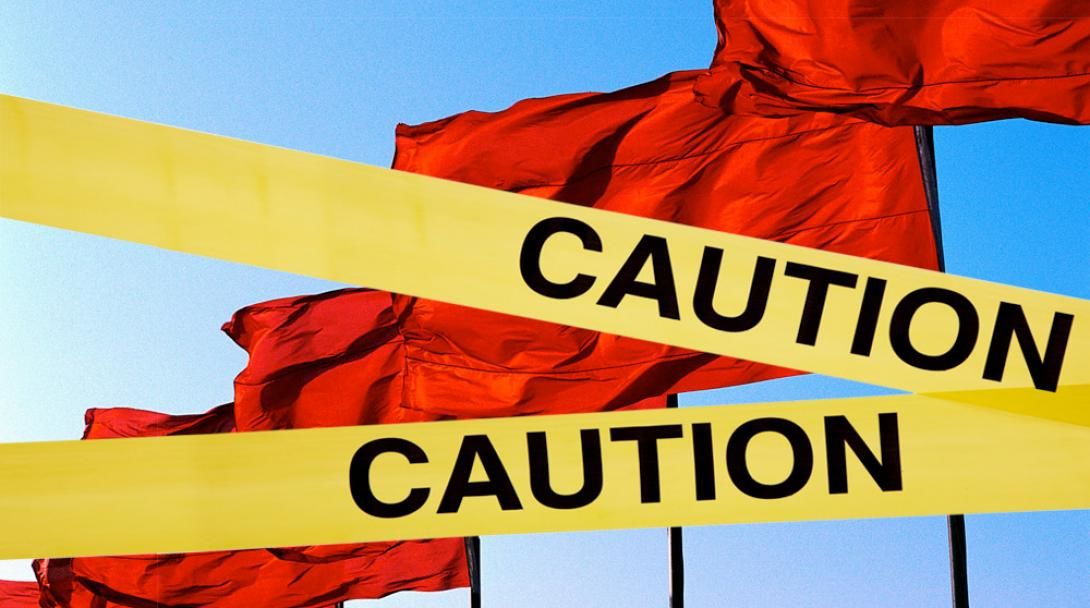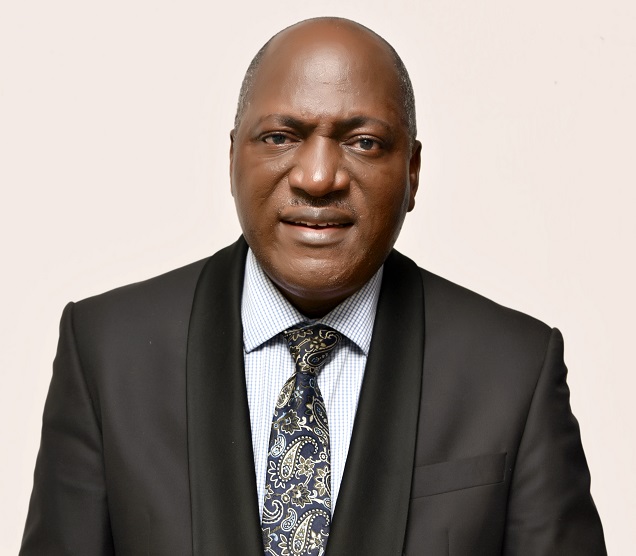The latest media report claims that the Federal Government is planning to take over the payment of outstanding salary arrears of private school teachers as a palliative to cushion the impacts of COVID-19 on them. The salary arrears at issue could be paid from the N2.3 trillion stimulus package recently approved by the Federal Government to support businesses, including the private education sub sector.
The report concludes: the gesture will be a plus for the government for showing sensitivity to the plight of a section of the citizenry. Government should expedite action on the payment process to alleviate their suffering.
However, what struck my mind first upon reading the report was one of the James Hadley Chase titles: “Believe This, You’ll Believe Anything”
Yet the promise sounds good, doesn’t it? Assuming that we accept this report as reflecting government’s sincere intentions, we must admit at the very least that there are several issues that would stand in the way of a credible implementation. For instance, what criteria would be used for the distribution of the palliative? Few people believe that we have credible database for effective planning in major sectors, ours being a country where figures including that of the nation’s population are almost always fraudulently manipulated to achieve a political or other selfish end.
So, how many private schools are there in the country? Shall we refer to the Ministry of Education for the list of approved schools? If we do, what you get is a blanket number of approvals without much knowledge of how each institution has grown over the years along with the calibre of its present work force.
To get a fair idea of this, we would require among others, a collaborative effort of the teacher’s council (how comprehensive is the membership registration?), the tax office, examination bodies , and the cooperation of each school in opening up its books outside what we can see of its infrastructures. So, how do you categorize the private schools, East, North, South and West?
The problem of mistrust always beclouds projects of government such as this one. People just don’t believe in the capacity of government to do good for them without first lining their own pockets. Can we forget so easily that not many genuine farmers benefitted from the hundreds of millions of Dollars of palliatives offered in their names as agricultural loans for fertilizers and machinery?
Back to schools, this being a free and competitive market where the growth of each enterprise is directly related to the funding and managerial competence available to each school, the proprietors that will begin to open themselves to government’s scrutiny for what is probably a ruse won’t be many. There has been references to a National Association of Private School Teachers (NAPST) with a particular name as President. Who do they represent really? Which private teachers are listed under them?
The corruption in Nigeria is so deep rooted that every genuine plan of government to alleviate the people’s suffering is rubbished by public officials at various levels. With every officer of government taking care of his interests first, from the federal committees that perform oversight duties, to the ministry of education, and the dozens other branches of civil service involved in the implementation, not much would have been left for distribution at the end of the day.
In any case, for now, let’s take government by its word.
Prince Debo Luwaji is an educationist, a trained journalist, entrepreneur and writer. He also writes a personal blog: www.deboluwaji.com
















